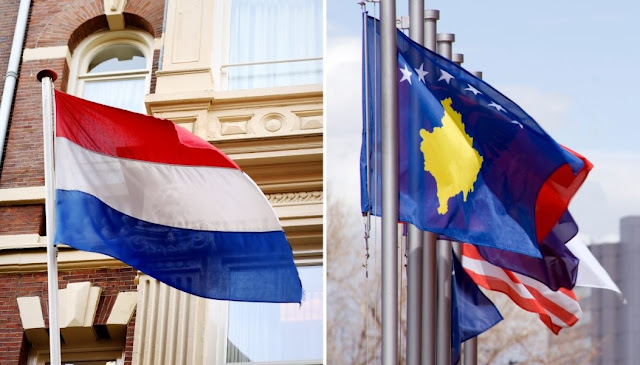KosovaPress news agency reports that one of the reasons why the Netherlands opposes visa liberalization with Kosovo is that the authorities' fight against corruption "does not convince".
KosovaPress quotes from an exclusive response the spokesperson of the Ministry of Foreign Affairs of the Netherlands, Bo de Koning, to say that the arguments offered by Kosovo institutions to fight corruption "have not been convincing enough so far".
In this regard, in addition to the Netherlands, visa liberalization for Kosovo is being hampered by the attitudes of countries such as France and Belgium, which similarly require concrete steps.
"When the European Commission reported recently on this issue, the Dutch state concluded that the conclusions on fighting corruption and high-level organized crime were not convincing enough," Koning said.
Despite his stance, Koning stressed that the Netherlands remains ready to assist Kosovo in the visa liberalization process.
"Kosovo can count on our support through projects, advice and experts to achieve these sustainable results in combating these phenomena," she added.
The Dutch diplomacy spokeswoman called the plans of Albin Kurti's government to fight corruption and organized crime highly encouraging.
"It is important for the Netherlands that high-level corruption is not only prosecuted but that there is effective enforcement of those responsible," he said. "The government's plans to fight corruption and organized crime are encouraging, so we are waiting to see the results, as this is one of their priorities," Koning said.
Kosovo is the only country in the Western Balkans region that remains without free movement in the European Union area.
The Kosovo government has said that the problem for the visa liberalization process has been the positions of five member states that do not recognize independence - Spain, Greece, Cyprus, Slovakia and Romania.

